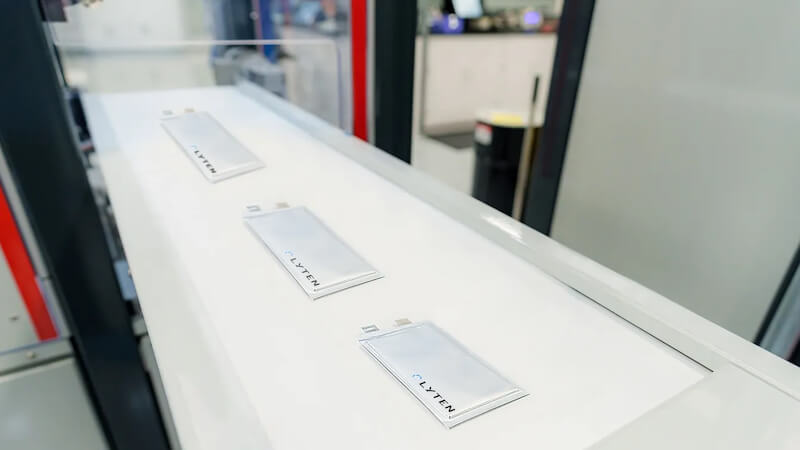Dutch carmaker Stellantis wants to install a lithium-sulfur battery in its own electric cars for the first time. This technology promises advantages over classic batteries.
Mobility transformation presents many challenges. Lithium-ion batteries currently in use are often difficult to recycle, and are relatively heavy and expensive. As a result, many universities and automakers are now considering using alternative materials for electric vehicle batteries. One example is car manufacturer Stellantis, which wants to test the first production-ready lithium-sulfur (Li-S) batteries.
developed This was done by Lyten, a company headquartered in San Jose, California. These batteries could represent a significant further development for electric vehicles in the automotive sector. Lyten has already shipped Sample A of its 6.5Ah Li-S battery cells to leading automakers in the US and Europe. But why does technology have the potential?
New graphene structure increases stability and conductivity
Lyten technology addresses the biggest challenges facing previously available lithium-sulfur batteries. These include a limited cycle life and relatively low stability. A key aspect is the incorporation of a 3D graphene structure into the cathode, which improves overall stability and conductivity. Because this also reduces the so-called polysulfide shuttle effect.
This effect typically results in a rapid loss of capacity and has so far limited the wider application of Li-S batteries. Another important advantage of this new battery technology is the absence of important metals. Because nickel, cobalt and manganese are not used.
This can reduce the carbon footprint by up to 65 percent compared to traditional lithium-ion batteries. This also makes it possible to fully realize the supply chain within the USA or EU.
Stellantis and other automakers see potential for lithium-sulfur batteries in cars
Lyten has already made significant investments in developing lithium sulfur technology. The company plans to ship more advanced samples later in the year. A large production plant is also being planned. Chrysler has already announced that it will use batteries in its own electric concept car.
The US Department of Energy also awarded $4 million in funding to Lyten to further develop this technology. This development could therefore play a major role in the future of electric mobility. Additional iterations can outperform the classic lithium-ion battery in terms of performance and environmental friendliness.
It is also interesting:

“Certified tv guru. Reader. Professional writer. Avid introvert. Extreme pop culture buff.”







More Stories
Samsung Quantum Dot TV: Art meets technology
Pitch: €56m for energy startup Reverion
Plastoplan: Plastics for Energy Transition